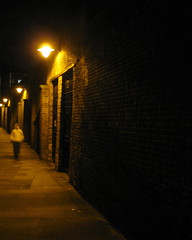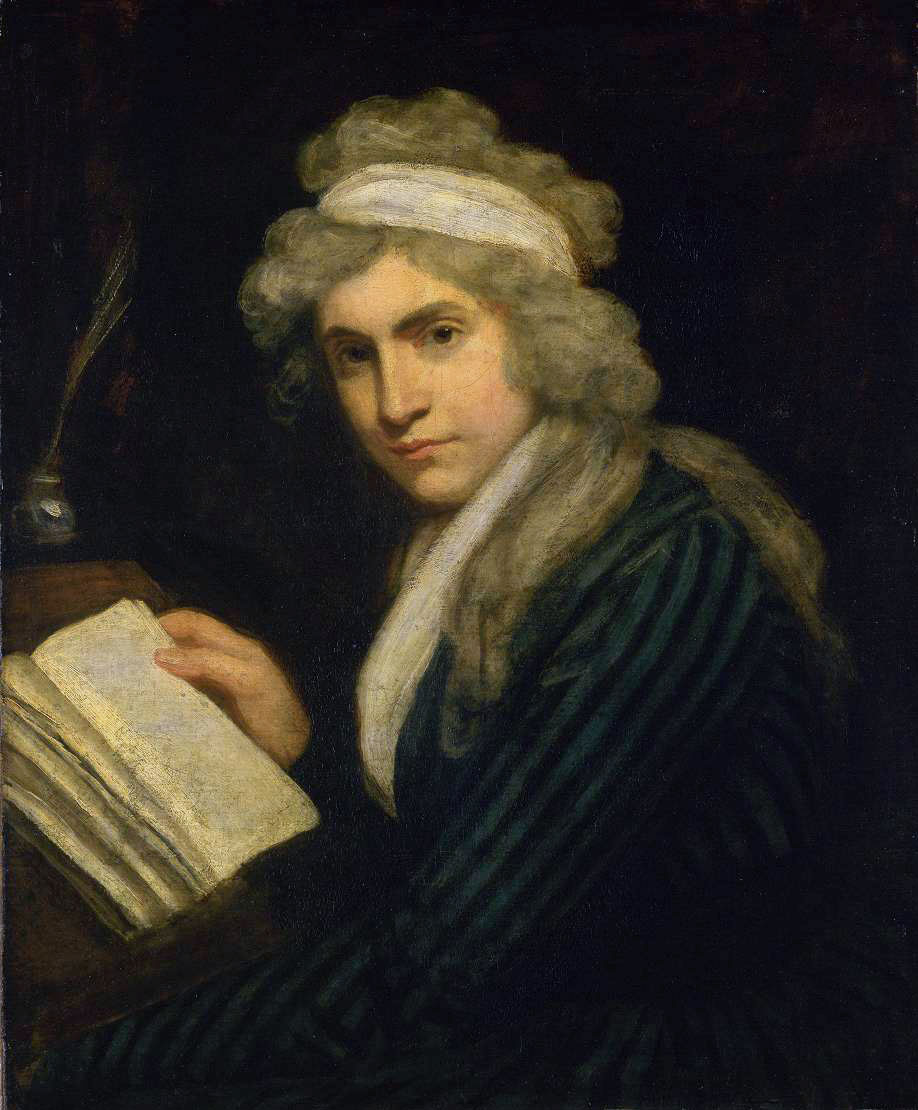
(
Download the CFP as a pdf here.)
The peace, that I deem`d no peace, is over and done.
Alfred Tennyson, 1855
Princeton University: April 16-18, 2010
NVSA website:
http://web.stonehill.edu/nvsa/NVSA solicits submissions for its annual conference; the topic this year
is FIGHTING VICTORIANS.
The conference will feature a keynote panel including Anna Clark,
Elaine Hadley, and Alex Woloch, and visits to Special Collections at the
Firestone Library and the Princeton Art Museum.
This conference will take up the nature and significance of
Victorian fighting and disunion, from international warfare to
peevishness. What did the Victorians think was worth fighting about?
Is there a specifically Victorian culture of argument? In what ways did
the Victorians value disagreement and controversy? “The age of
equipoise” saw more than its fair share of dust-ups, imbroglios, scraps,
and battles. Rather than enumerating the varieties of Victorian
belligerence, we seek papers that will reflect upon the ways Victorians
experienced, valued, and represented fighting, disagreement, and other
modes of disunion. What forms of debate and disagreement did the
Victorian public sphere promote or exclude? What are the forms of
solidarity and separation not only imagined by British social,
political, and evolutionary theory, but also experienced as part of the
development of empire or national movements? What is the force of
dissension in artistic, literary or political rivalries and movements?
What are the sites, genres, and modes of Victorian fighting? What are
the forms of representation, visual or textual, most suited to
representing violence or controversy? Finally, how do we Victorianists
argue now? Do we argue now?
While specificity is welcome and encouraged, the program committee
is not looking simply for papers describing particular instances of
violence. We are especially eager to see presentations that make a
claim about the nature, conception, or representation of disunity or
violence in the period.
When critics disagree the artist is in accord with himself.
Oscar Wilde, 1891
Arts of Combat
- Fights in literature: the novel, poetry, drama
- Literary forms and social interventions; novel arguments
- The emotions of Victorian disunion and fighting
- The styles and affects of refusing to argue: peevishness, grudges, funks, the slow burn, the silent treatment, envy, ressentiment
- Accommodation and appeasement
- The belligerence of aesthetic movements
Does the boxer hit better for knowing that he has a flexor longus and a flexor brevis?
Carlyle, 1831
Thoughtful Belligerence
- Cultures of Victorian argument
- Styles of pugilism: bare knuckle, street fighting, boxing
- Fighting words: diatribes and other rhetorics of disunion
- Belligerent thoughts, belligerent thinkers
- The genres of Victorian fighting: polemic, manifesto, dialogue, debate
- Rules of engagement: the Queensberry rules, duels, fencing
- Victorian fights and contemporary theories of struggle and debate
Say not the struggle nought availeth,
The labour and the wounds are vain.
Arthur Hugh Clough, 1855
What is Worth Fighting For? / What is Fighting Worth?
- The Victorian public sphere: liberalism and the culture of argument
- Political fights: Chartism, Reform, Abolition
- Class: identity and struggle
- Religious schism: Dissent, The Oxford Movement, conversion
- Solidarity and separation: forms of antisociality or social enmity, the transcendence of social bonds
- Literary forms of solidarity and disunion: the novel and character space, lyric poetry and intersubjective tension
- Dissension as style in the visual arts
- Rivalries: literary, political, artistic, athletic
- Disciplinary formation: competition among the faculties, literature versus science, word versus image
- Fighting as a way of life: evolution as struggle, struggle and the field of culture
- Break-ups: empire and disunion, divorce, romantic break-ups, fallings out
- What do Victorianists argue about now? How do we argue?
. . . as on a darkling plain
Swept with confused alarms of struggle and flight,
Where ignorant armies clash by night.
Matthew Arnold, “Dover Beach” 1867
Fight Sites: Spaces of Disunion, Violence, Controversy_
- More is less: one nation or two, Unionism and / or nationalism
- Memories and fantasies of war
- Domestic violence: gender and the home
- Venues of fighting and controversy: the periodical press, lecture halls, the university, the boxing ring, the streets
* * *
Proposals (no more than 500 words) by Oct. 15, 2009 (e-mail submissions
strongly encouraged):
Professor Gage McWeeny, Chair, NVSA Program Committee, (
gmcweeny@williams.edu )
English Department, Williams College, 85 Mission Park Drive, Williamstown, MA 01267
Please note: all submissions to NVSA are evaluated anonymously. Successful proposals will stay within the 500-word limit and make a compelling case for the talk and its relation to the conference topic.
Please do not send complete papers, and do not include your name on the proposal.
Please do include your name, institutional and email addresses, and proposal title in a cover letter. Papers should take 15 minutes (20 minutes maximum) so as to provide ample time for discussion.
The Coral Lansbury Travel Grant ($100.00) and George Ford Travel Grant ($100.00), given in memory of key founding members of NVSA, are awarded annually to the graduate student, adjunct instructor, or independent scholar who must travel the greatest distance to give a paper at our conference. Apply by indicating in your cover letter that you wish to be considered. Please indicate from where you will be traveling, and mention if you have other sources of funding.

















